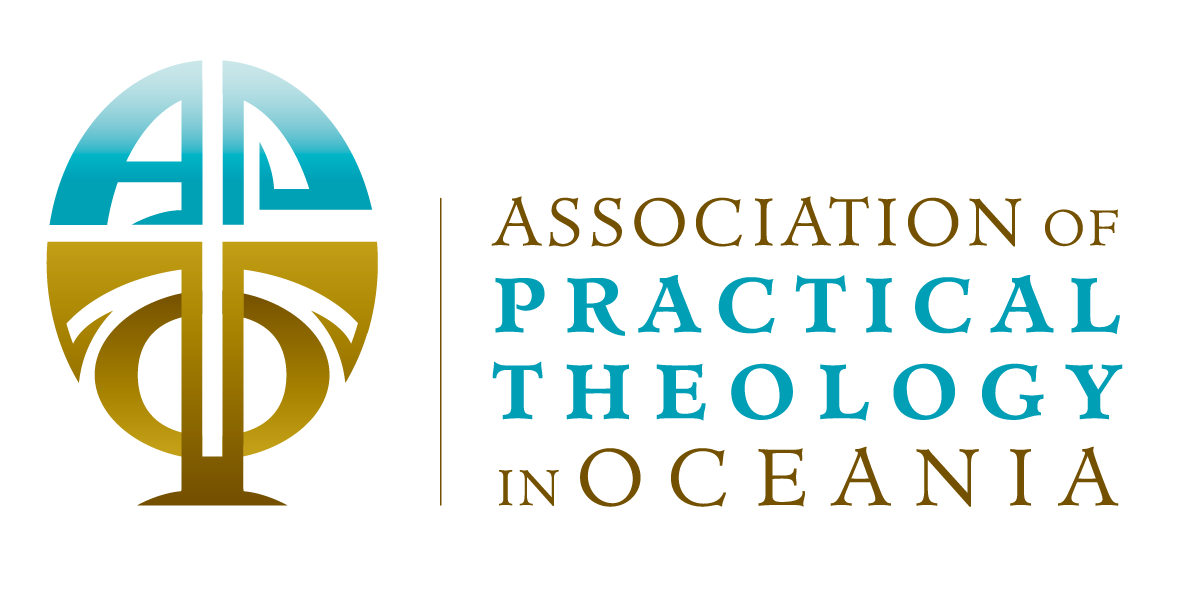

Discussion Time:
Location: Yaarkon
Building on published research, this paper examines the economic impact of additional volunteering and donations by religious persons who were religiously engaged in childhood and maintained this engagement in adult life. The research deploys econometric analysis using binary logistic regression techniques to measure the impact of religiosity on volunteering and on donations. Volunteering is measured as being a volunteer to a non-religious cause. Giving is measured as giving to a non-religious cause. Religiosity is measured both in terms of religious attendance at a regular religious service (at least once a year) or through responses to questions of 'belief' and 'belonging'. The analysis shows that religious engagement does lead to a substantial increase in volunteering for non-religious causes. Persons who are traditionally religious are estimated to be 74% more likely to volunteer than persons who have never been religious. This equates to 439 million extra hours volunteered each year from religious persons to non-religious causes. This is valued between $9-20bn dollars of annual contribution to Australian society.